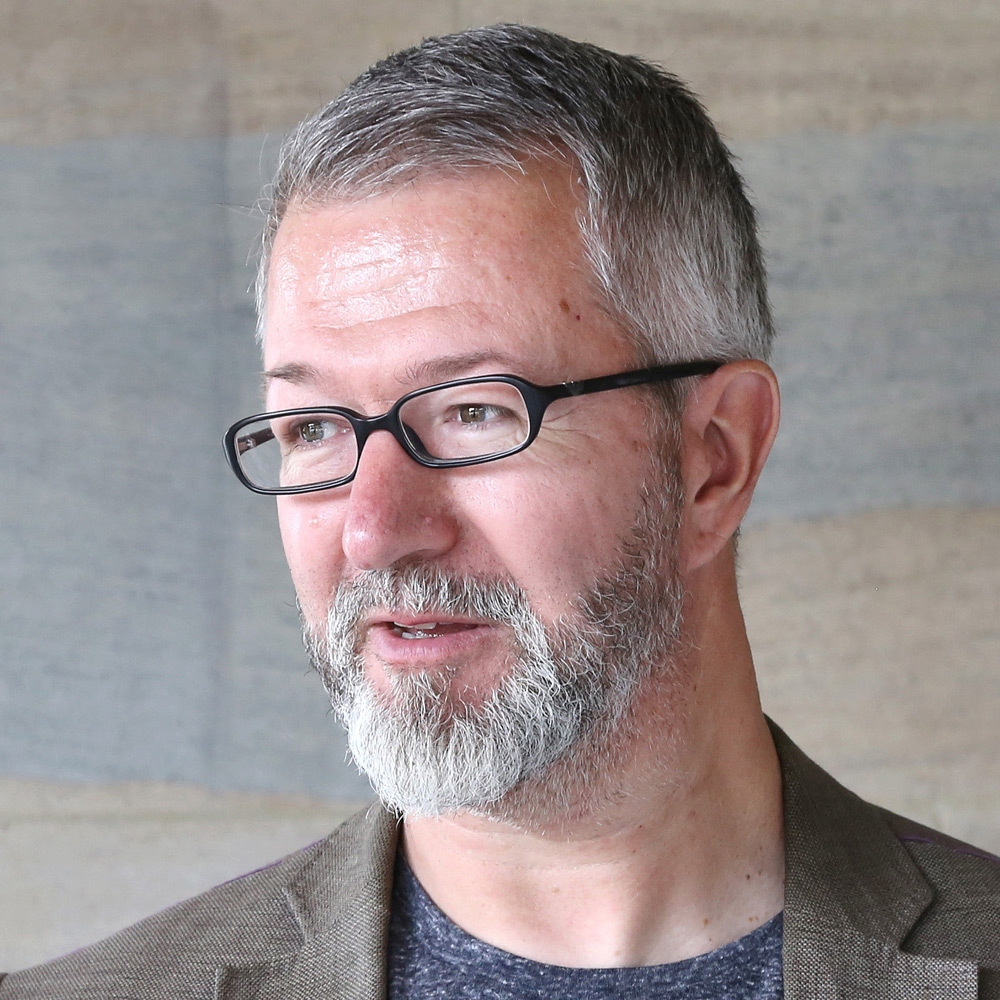Interdisciplinary focus
The project will draw on environmental history and sociological approaches to conservation, rewilding and the debate about ecological grief and ‘mourning in the Anthropocene’. It will also connect with debates within the life science about how to understand and record environmental loss, species declines and biodiversity change. The candidate will draw upon techniques for measuring and assessing biodiversity change under the direction of the second supervisor. Using sociological methods, the candidate will then explore the motivations for different reactions to biodiversity loss, how they align with recommended conservation actions and philosophies (e.g. targeted species intervention vs rewilding) and test new communication tools to better align reactions to loss and conservation actions on the future.
Training and support
You will be supported through the Sustainable Transitions training programme which provides initial training in interdisciplinary research methods, training in the secondary discipline within the project area, and ongoing training throughout the duration of the programme. All doctoral scholars benefit from the support of Proficio, which entitles you to £2,500 that can be used to purchase training courses either within or external to the University. Additionally, all scholars are entitled to an additional £10,000 that can be used to cover research costs and further training. Doctoral scholars are encouraged to audit/attend University masters and degree level courses where appropriate. You will also have the support of the Sustainable Transitions management team as well as your own supervisory team. All Sustainable Transitions scholars will become part of the University of Essex Centre for Environment and Society through which ongoing events and networking opportunities are available.
Person specification
This opportunity would suit a graduate student with expertise in sociology, cultural and environmental history, cultural geography and environmental humanities or any environmental sciences background with an interest in how understanding people and their behaviours can help develop critical analysis of conservation policy and practice.
Research proposal
The project area is broadly defined, leaving scope for the applicant to develop their own specific research proposal as part of the application. The successful candidate will further develop their proposal in close consultation with the supervisory team.
Supervision
The primary discipline supervisor takes the lead responsibility for supervising the project. For further detail relating to supervision see the Guidance for Applicants (.pdf) document.
Additional background information
Environmental NGOs and conservation scientists have noted the dramatic decline in the relative abundance of monitored wildlife around the world over the last fifty years. Around two thirds of these wildlife populations have disappeared and there has been a steep decline in the number of these species. This immense loss of biodiversity on a global scale forms one side of a dual emergency: human induced climate change and biodiversity loss. For some ecologists and palaeontologists, the scale and pace of species declines places the planet on the brink of a sixth mass extinction event. Biodiversity loss and species extinction not only has profound consequences for the non-human species effected but can generate effects within the complex entanglements between these non-human life forms and human populations. These changes can also have emotional effects upon the human communities which notice and experience the declines. Understanding the nature and scale of these emotional responses, including the role of ecological grief, can help explain the drivers of reparative action and moves to limit, reverse and overcome species loss.
Given the scale and pace of biodiversity loss it is crucial to understand how human communities notice these declines and are motivated to respond to them through reparative action. Scholars have noted the long tradition of phenological studies which have recorded seasonal natural phenomena. Such witnessing, recording, and archiving of seasonal events prepares the ground for ecological mourning. Alongside the work of conservationists and environmental NGOs, it helps drive reparative action to stop and reverse biodiversity loss. Understanding the diverse ways in which people and groups have sought to protect and preserve the natural world, the different geographical scales at which this action works (from the global to the local), the styles of activism deployed, and the practical land management techniques used are central to any understanding of this reparative work.
Supervisory team references
-
Sean Nixon Passions for Birds, science, sentiment and sport (McGill Queen’s University Press, 2022)
- Sean Nixon ‘Vanishing Peregrines: J.A. Baker, Environmental Crisis and Bird- centred Cultures of Nature, 1954-73’, Rural History, 2017, Vol. 28(2), 205-226.
- Tom Cameron & M.B. Ellis, ‘An initial assessment of the sustainability of waterbird harvest in the United Kingdom’, Journal of Applied Ecology. 59 (11), 2839-2848, 2022.





